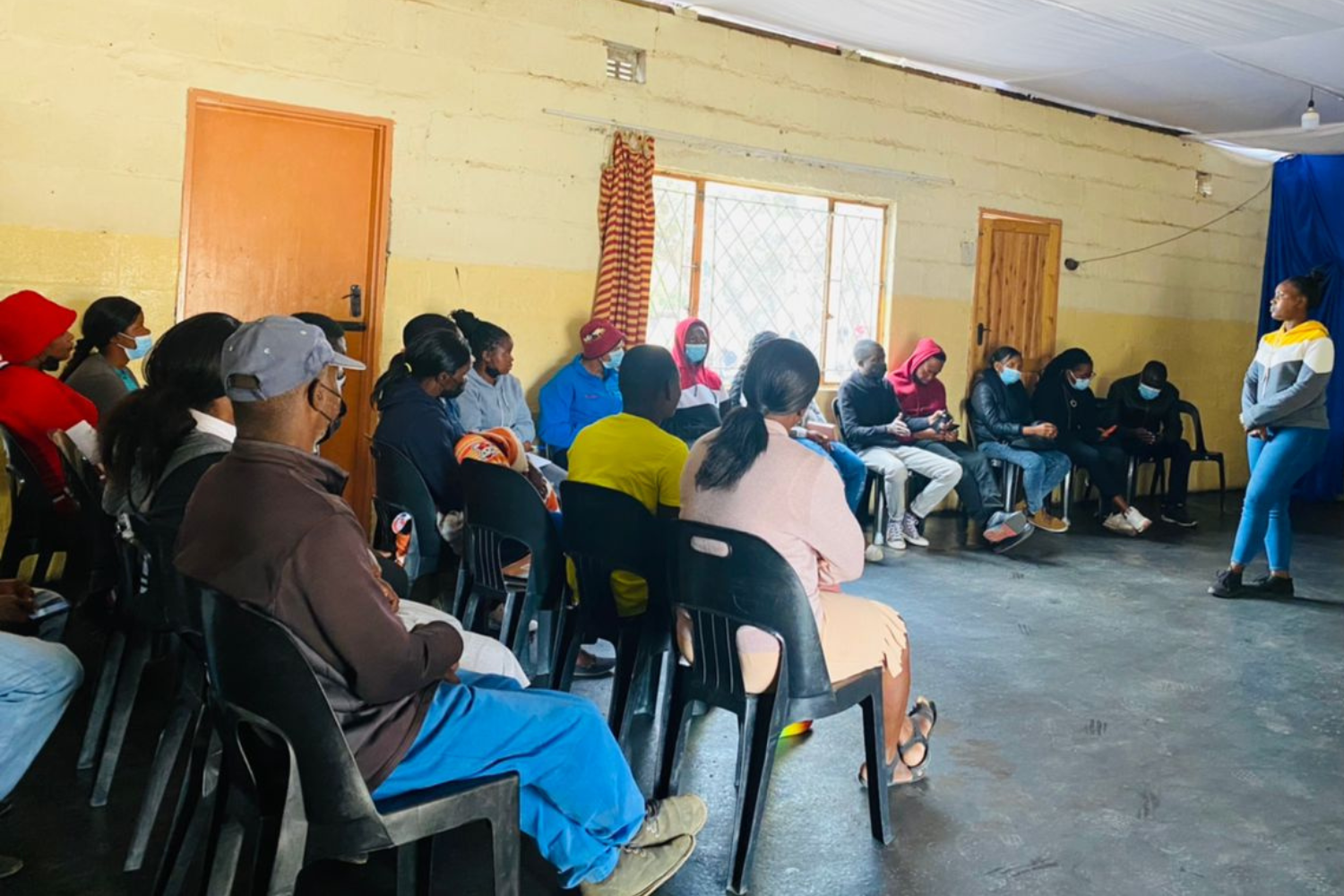NEWS

IN BRIEF
Written by Alois Nyamazana Broken accountability chains lie at the […]
SHARE
Written by Alois Nyamazana
Broken accountability chains lie at the heart of Zimbabwe’s governance problems. Lack of accountability in Zimbabwe has led to the squandering of precious public resources, and a collapse in the systems that are meant to fulfill citizens’ social and economic rights such as access to clean water, health, education, and adequate food. Citizens, particularly the vulnerable, bear the burden of failed accountability mechanisms, in the face of a deteriorating economy.
Compounding this burden is corruption with recent events such as the COVID-gate scandal, in which government officials abused COVID-19 resources by flouting procurement and procedural regulations. A necessary condition for accountability is citizen participation. Rebuilding accountability chains requires the voice and actions of people at every level of governance. Not just as passive recipients in command structures, but as active agents of change. Citizens need to participate in governance by reporting abuses, suggesting constructive government mechanisms, and taking part in government processes, among many other actions.
In Zimbabwe, the Accountability Lab works with communities in Goromonzi, Harare, Bulawayo, and Chitungwiza to rebuild accountability chains through Civic Action Teams (CivActs), a pioneering citizen feedback, dialogue, and community voice platform to ensure accountability in the development process. CivActs seeks to create platforms where citizens can communicate the issues that affect them to power holders, and co-create context-specific solutions to address the challenges.
The project has been in implementation for almost two years with encouraging results. The Lab found that 61% of citizens reported that there had been an improvement in accountability and good governance. Encouragingly, 77% of evaluation participants reported that CivActs has created opportunities for them to easily communicate issues affecting them to power holders, a great improvement from baseline study findings of 4% of citizens who reported that they had opportunities to communicate their challenges to power holders.
“It has provided an open and clear communication platform between the community and the local leaders and we can see a few changes,” says one Mbare community member.
Regarding the improvement of responsiveness of power holders on issues raised by citizens, 25% of survey respondents stated that the issues they raised with power holders received attention, whilst at baseline 19% of participants had reported that the power holders were responsive to challenges.
“CivActs has been so beneficial,” says another Mbare resident. “We have witnessed the construction of new markets at majuru shopping centre and the roads are being revamped although they are just filling up the small potholes but above all its a positive response from our leaders? It’s helping to foster transparency and accountability. Roads are being renovated because people have been demanding answers from solution holders.”
During the evaluative survey, 70% of the respondents stated that they had participated on platforms that allowed them to engage with community leaders in the past 9 months. This is a great improvement compared to the baseline where 19% reported participating in engagement platforms. Commenting on the effectiveness of the CivActs initiative in promoting good governance and accountability, one community member had this to say: “It has been a powerful project as now leaders are more hands-on with their people and their concerns.”
Alois Nyamazana is Accountability Lab Zimbabwe’s Monitoring, Evaluation and Learning Manager.
